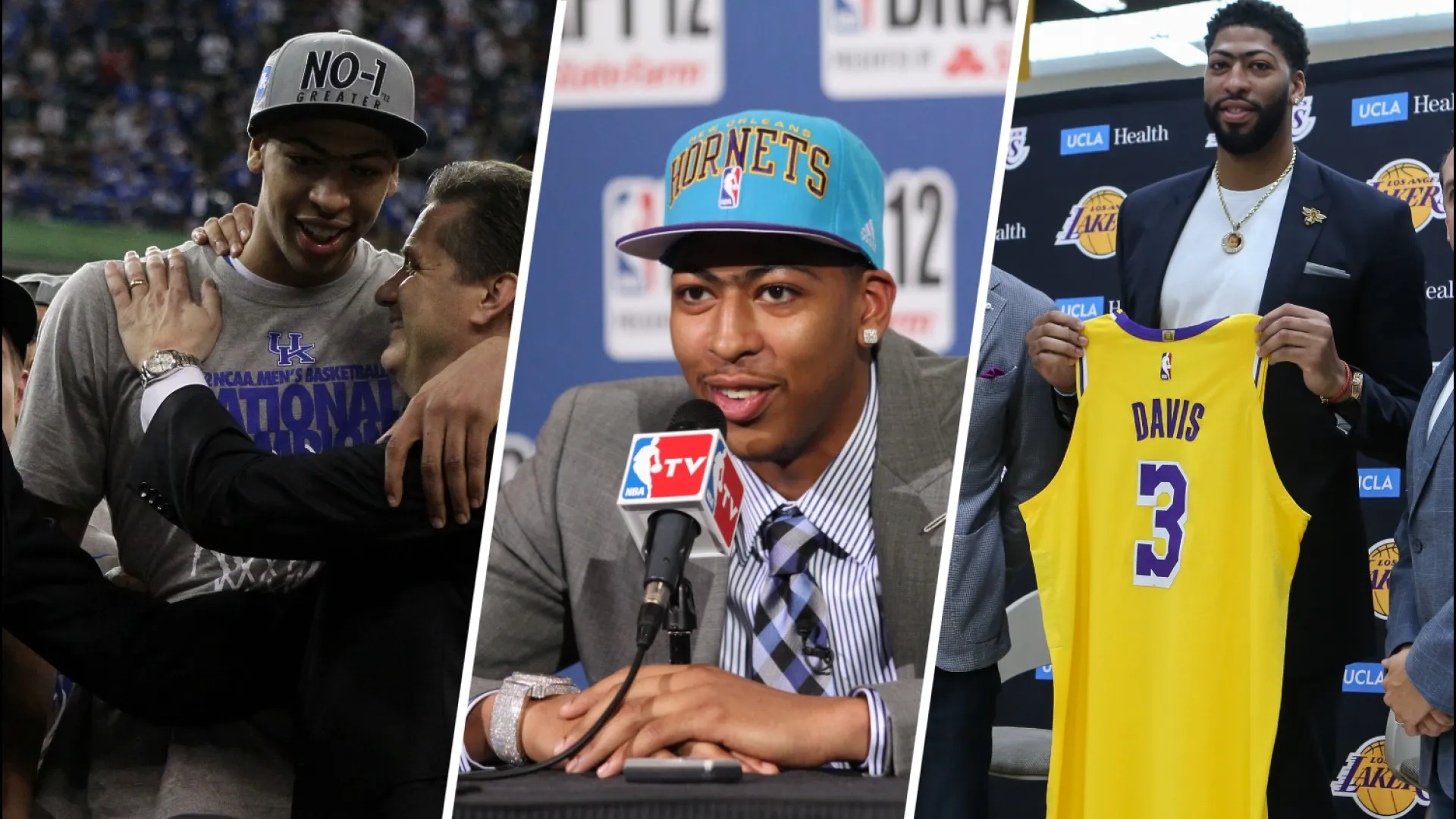
In January, executive director Marty Hickman of the Illinois High School Association spent time with executive directors from around the country. No, they weren't comparing golf handicaps or favorite vacation retreats.
The No. 1 topic of conversation?
Public schools vs. private schools--and how to deal with the issue.
Stay in the game with the latest updates on your beloved Chicago sports teams! Sign up here for our All Access Daily newsletter.
"Last year, our friends in Indiana had five classes in football and four private school champions -- and the same four won the previous year," Hickman said. "Obviously, that has generated discussion in Indiana. And the same thing has happened in Iowa."
Illinois has felt the pinch, too. Montini has won three state football championships in a row. Joliet Catholic, Mount Carmel and Providence have won more state football titles than any other school. Marian Central and Bishop McNamara dominated the 1980s.
In girls sports, Mother McAuley has won 13 state titles in volleyball, three in water polo and one in basketball. Quincy Notre Dame has 10 state titles in basketball, soccer, softball and volleyball. Breese Mater Dei has six state titles in volleyball.
According to Matt Troha of the IHSA, 192 of 792 member schools or 24 percent are non-boundaried. That includes Simeon, Whitney Young, Normal University High and other non-private schools that draw students via an application process and not from a fixed area.
In 2008-09, non-boundaried schools won 17 of 67 or 25 percent of the team state championships. The boys won 10 of 34, the girls 7 of 33.
In 2009-10, the figure was 18 of 67 or 26 percent. The boys won 9 of 34, the girls 9 of 33.
In 2010-11, the number rose to 28 percent, 19 of 67, with the boys winning 10 of 34 titles and the girls winning 9 of 33.
In Indiana, while private schools make up only 14 percent of the membership, they win nearly 40 percent of team championships. And seven of the 10 schools that participated in the state football finals last year were non-public, the most ever.
In Ohio, private schools win 70 percent of the wrestling titles, 63 percent of the volleyball titles, 50 percent of the girls soccer and baseball titles, 47 percent of the football titles and 45 percent of the boys soccer titles. And only 16 percent of the membership are non-public.
State officials were so outraged by the domination of private schools that they proposed a plan which called for elevating some schools to higher classes and lowering others based on a formula that included tradition, non-boundary factors and socio-economics. It was narrowly defeated.
Some states have separate playoffs for public and private schools, including New York, Vermont, Virginia and Texas. Wisconsin's private schools once had their own governing association but the state has since realigned because school officials didn't want some schools treated differently than others. Other states are thinking about about adopting separate playoff formats.
Since 2009, eight of the 51 state associations, including Illinois, have adopted a multiplier formula which calls for private schools to multiply the number of their student enrollment by a designated figure. In so doing, smaller private schools are reclassified to compete against larger public schools.
Private school administrators argue that the process is unfair and the public vs. private debate has been waging ever since private schools began to dominate in certain sports.
Illinois, Oklahoma, Minnesota and Missouri are among the states that utilize multipliers in an effort to satisfy critics of the public vs. private issue. But all of them admit they are wrestling with the problem, trying to figure out what is fair.
"For the most part, since going to the multiplier and the individual sport waiver, the publicprivate issue hasn't been as big a topic of debate among Illinois administrators as it once was," Hickman said.
"There still is a lot of animosity between public and private schools. We have done some things and helped to level the playing field. But there is no magic silver bullet. What we have done is better than the alternative, which is doing nothing."
A side issue to all of this is the subject of transferring, which is reaching epidemic proportions. It doesn't matter whether they are public or private, city or suburban or Downstate, kids are moving from school to school for the purpose of playing sports.
They want to compete at a higher level with and against elite athletes and have an opportunity to gain more exposure to major Division I coaches. It is all about money and scholarships and ego with absolutely no regard for the fact that the percentages, like betting in Las Vegas, are against you.
The latest high-profile case in Illinois involved baseball star Ryan Koziol, who transferred from Brother Rice to Providence. Koziol, who is committed to Arizona, caused a furor when the principal at Brother Rice refused to sign off on the move, claiming the youngster's move was entirely baseball-related.
The IHSA upheld the principle's decision and ruled that Koziol was ineligible to compete at Providence. But the Koziol family went to court and a judge overturned the IHSA's ruling. So what happened to the premise that you go to school to get an education, not to hit home runs?
"It is embedded in our philosophy. It is a bad thing when kids transfer for athletic reasons," Hickman said. "But we have no actual rule prohibiting such a move. We had a proposal to include in our transfer form that a school had to attest there was no motive. But it was rejected by the Legislative Commission. Maybe it's time to bring that proposal back into play.
"The problem is there are two parts to the rule--it gives the principal a voice in the transfer but he has to point to a violation of the by-laws. But there is no rule in black-and-white. Change was rooted in some solid philosophy."
But Hickman admits that the IHSA's one-time transfer rule from one private school to another has encouraged more transferring than ever before. At one time, the rules didn't allow for Koziol to go from private to private for any reason.
"Kids are using the one-time transfer rule for athletic reasons," Hickman said.
So maybe it's time to change the rules.


